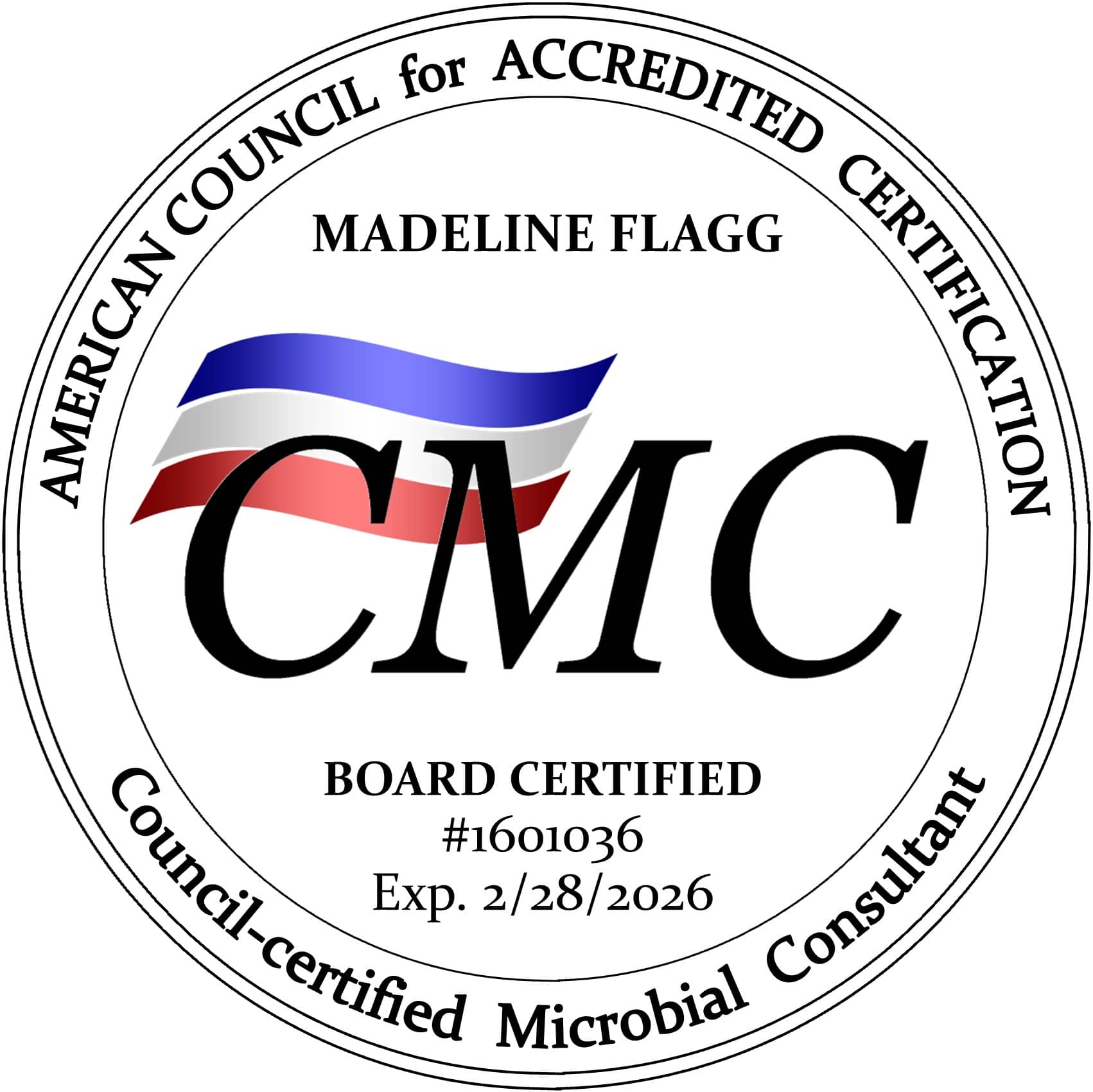
Being unaware of how poor indoor air quality can negatively affect people’s health can lead to a lot of confusion and misdiagnosed ailments. While at work, building occupants may start to show symptoms related to poor indoor air quality that later go away on the weekends. This cycle continues and both those experiencing symptoms and those who are not attribute those symptoms to sources other than poor indoor air quality. Sometimes even doctors tell sufferers of poor indoor air quality that their symptoms are merely psychosomatic in nature; thus leaving the ailments untreated properly. This is another reason why air quality testing in Massachusetts buildings is such an important service.
Sick Building Syndrome
The symptoms associated with this type of air quality contamination are often referred to as sick building syndrome (SBS). Building occupants who begin showing symptoms of an unknown origin are often misdiagnosed by both peers and doctors alike. This is why awareness is key. It’s important that people know that the quality of our indoor environments can have tremendous effects on our health and well being. Otherwise, continued misdiagnosed symptoms can lead to chronic ailments.
If you think you’re experiencing symptoms inside a building and you feel better when you are away from the space, believe what your body is telling you and see your doctor. Keep a daily log of your symptoms – where and when they occur – along with any other relevant information, such as the activities going on in the space around you. Avoid using solvents indoors unless there is plenty of ventilation. Follow manufacturers’ directions and use an appropriate respirator if necessary. These tips can be helpful when trying to find out whether or not you’re feeling symptoms due to SBS or not.
If you’re interested in air quality testing in Massachusetts, contact us at: 888-291-3773



